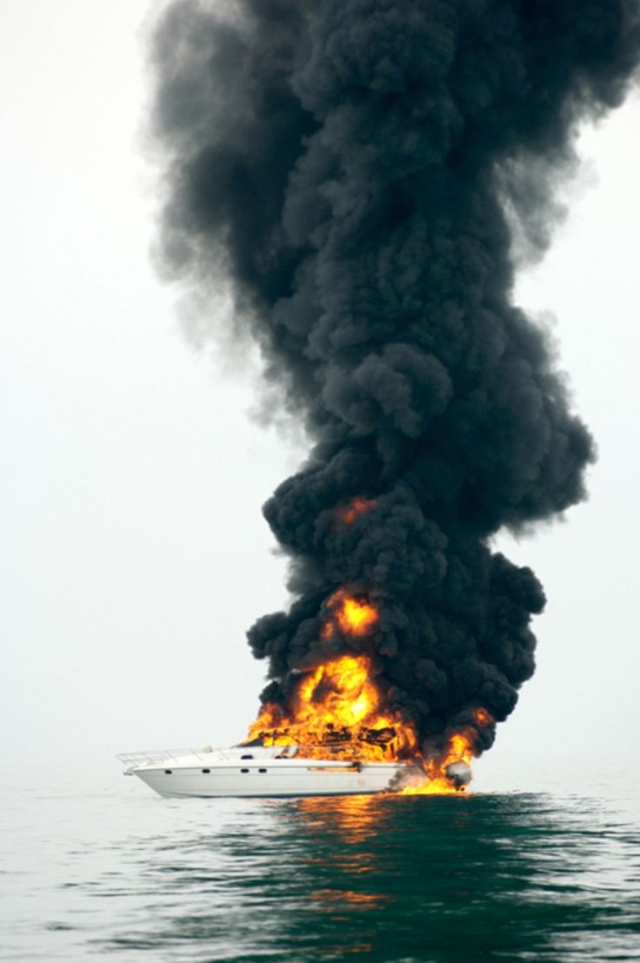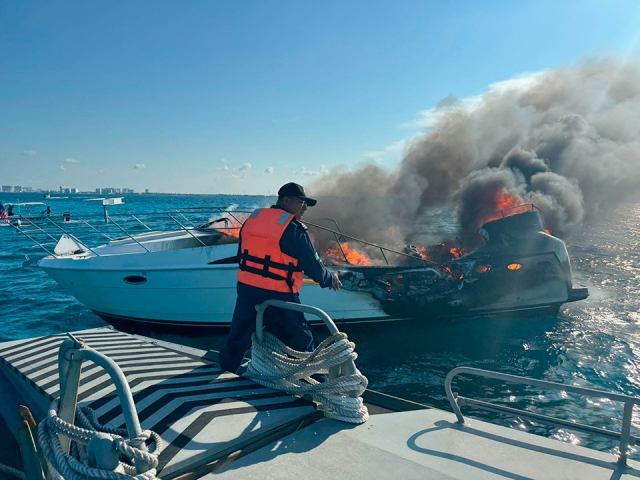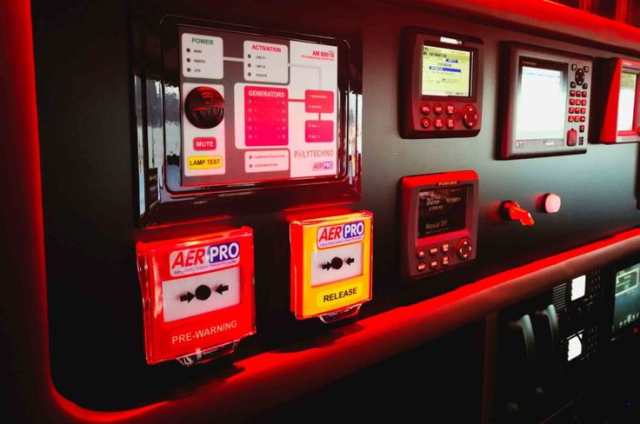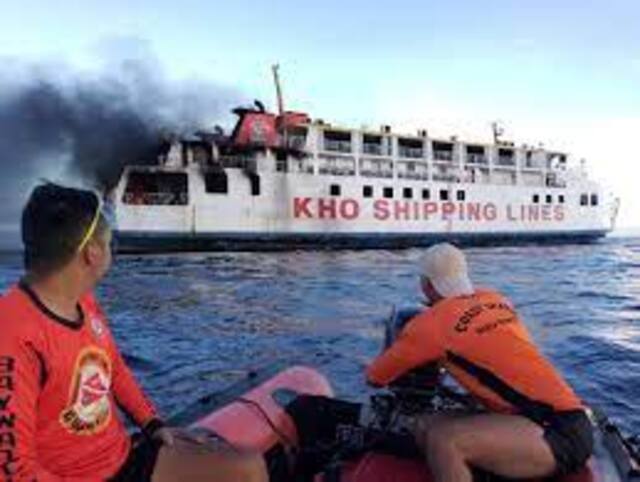Fires on ships represent one of the most feared and devastating dangers in the maritime field. This type of accident not only puts the lives of crew members and passengers at risk, but can also cause irreparable damage to vessels , generate significant economic losses and cause severe environmental impacts . The nature of fire at sea, where resources and space are limited, makes fighting these fires considerably more challenging compared to fires on land .
One of the main factors contributing to boat fires is the presence of highly flammable materials, such as fuel, oils, paints and other chemicals used in the maintenance and operation of boats . Additionally, onboard electrical infrastructure , if not properly maintained, can be a potential source of fires. Short circuits, overloads and faulty equipment are just a few examples of how a small electrical fault can trigger a catastrophic fire.
In response to these challenges, the maritime industry has developed a series of regulations and standards to prevent and combat fires on board . The International Maritime Organization (IMO) has established the International Convention for the Safety of Life at Sea (SOLAS), which includes strict provisions on fire prevention and fire protection on ships. These regulations range from the installation of fire detection and alarm systems, to the implementation of fire extinguishing equipment and the proper training of the crew in emergency procedures . 
Despite these advances, the threat of ship fires remains a constant concern. Technological evolution has brought new risks, such as fires caused by lithium batteries and other advanced electronic components. Likewise, the increase in the size and capacity of modern ships, as well as the increasing complexity of their systems , poses additional challenges for fire management.
In this context, it is essential to continue researching and developing new technologies and approaches to improve fire safety at sea. Collaboration between maritime authorities, naval engineers, scientists and the industry itself is crucial to anticipate and mitigate the risks associated with fires on ships . Only through a concerted and continuous effort can we hope to reduce the incidence of these events and guarantee the safety of human life and the environment in the maritime sphere.
You may also be interested in: Safety recommendations at sea
What to do in case of a boat fire?

- Stay calm and evaluate the situation: In the event of a fire on board a boat, the first and most important thing is to stay calm. Don't panic, as this can hinder your ability to think and act effectively. Observe your surroundings carefully to identify the location of the fire and the nearest exit. This initial assessment is crucial to making informed decisions about your next steps.
- Activate the alarm: If you notice a fire, look for a nearby alarm button and activate it to alert everyone on the boat. If you cannot find an alarm button, inform the crew immediately and clearly. It is vital to communicate the exact location of the fire and any other relevant information so they can take action quickly.
- Follow the Crew's Instructions: The crew is trained to handle emergencies on board, so listen to their instructions carefully and follow their directions without delay. They will guide you through the necessary emergency procedures to ensure everyone's safety. Actively participate in any task or action assigned to you.
- Use safety equipment: Put on a life jacket if you are not already wearing one. Make sure it is securely fastened for your safety. Additionally, if smoke is present, cover your nose and mouth with a damp cloth to protect your airways and reduce smoke inhalation.

You may also be interested in: Boat protection during hurricane season
- Go to a meeting point: Identify the designated meeting point on the boat. These points are clearly indicated and are safe areas prepared for emergencies. Move quickly but cautiously toward the assembly point, avoiding running to prevent accidents.
- Help others: If you see people who need help, such as children, elderly people or people with disabilities, assist them in putting on their life jackets and accompany them to the meeting point. Stay calm and help reassure other passengers to avoid widespread panic.
- Prepare for evacuation: If the situation requires it, the crew will tell you when and how to leave the boat. Follow the evacuation instructions in an orderly manner and board the lifeboats according to the instructions. Organization and order are key to a safe and effective evacuation.
- In case of smoke or nearby fire: If you are near the fire or in an area with a lot of smoke, crouch down as much as possible, as the smoke tends to rise. This will allow you to breathe cleaner air. As you move, close doors behind you to slow the spread of the fire and buy time for evacuation.
You may also be interested in: Importance of beach cleaning
- Communications: If you have relevant information about the fire, such as its origin or expansion, immediately communicate it to the crew. If you are in a situation of imminent danger or have become separated from the group, use distress signals to get the attention of the crew and other passengers.
- Post-incident: Once out of danger, follow any additional instructions from the crew or rescue teams. It is important to maintain organization and cooperation after evacuation. If you have inhaled smoke or suffered an injury, seek medical attention as soon as possible to ensure you receive the necessary care.
We invite you to take a look at other articles: https://yate.co/es/blog




